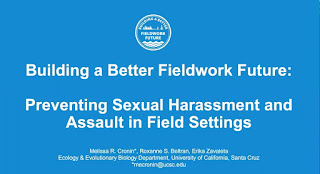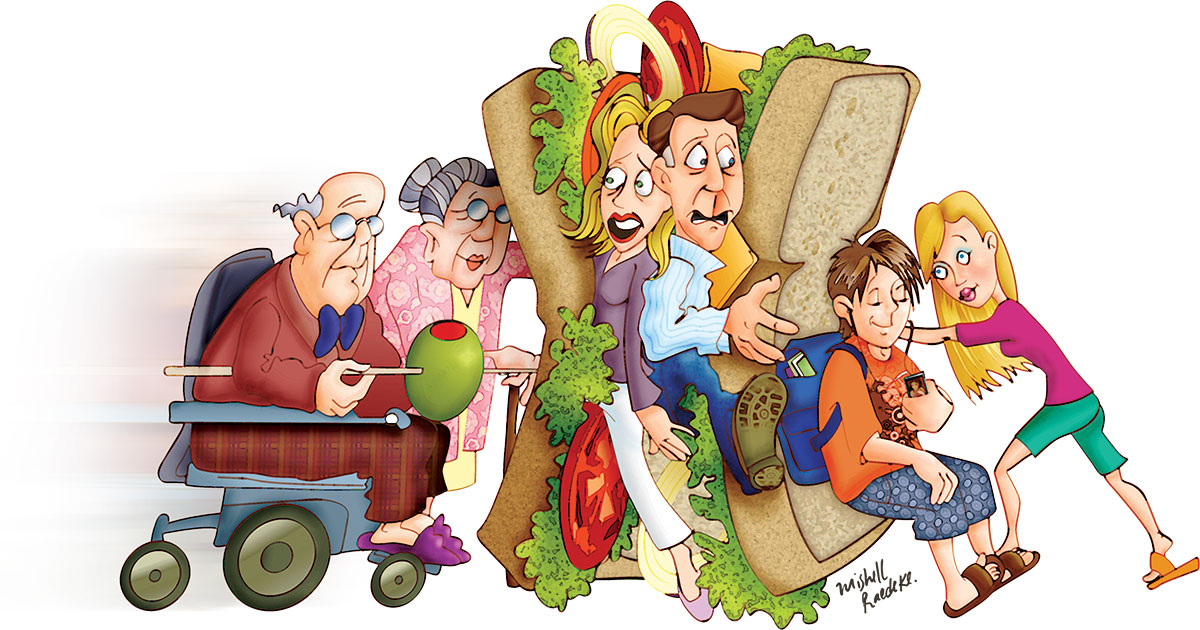Explore career path, and the critical importance of empowered
bystanders in field-based education and research through the 2021 Women in
Scientific Professions Speaker Series.
On March 11, ESF Women in STEM Fields, the ESF Alumni
Association will celebrate Women's History Month with a career path panel
discussion (1-2 pm EST, Join
Session) featuring some of many recent alumnae working in STEM fields.
Panelists include Aislinn Brackman '13 (Paper Engineering),
Change Agent/Continuous Improvement Specialist, von Drehle Corporation; Olivia
Liu '15 (Landscape Architecture), Assistant Landscape Architect, New
York City Parks; Hilary Niver-Johnson '11 (Environmental
Science), Proprietor, Sustainable Viticulture Systems; Emily Thiel
'14 (Environmental Communications), Education and Outreach
Coordinator, WNY Prism. This session is a
collaboration of the Alumni Association, Career Services, Admissions, and ESF
Women's Caucus, for current ESF students and employees as well as for
prospective and incoming students.
WiSE Professions will then
shift focus to those planning, training, and conducting field research
with Building a Better Fieldwork Future, in two independent but
related sessions. “Fieldwork is an
essential component of training and research in many scientific disciplines.
However, the imbalanced power structure of academia coupled with the remote and
informal nature of field sites heightens risks of sexual harassment and assault
during fieldwork, especially for women and other at-risk groups. Limited
existing research suggests that incidents are widespread and insufficiently
addressed by protocols developed for office and classroom settings.”
· Scenario-Based Bystander Training to
Prevent Sexual Harassment and Assault in Field Settings. On March 31, 3:45-4:45 pm EST (PLEASE
REGISTER HERE), in conjunction with the
Perspectives on Career and Gender graduate seminar, Melissa Cronin, University of California, Santa Cruz, will discuss the
development and assessment of the 90-minute workshop she, Roxanne Beltran
and Erika Zavaleta developed with support of the Thoreau Foundation
and Center to Advance Mentored,
Inquiry-based Opportunities (CAMINO). The program has expanded to
include 28 trainers at 8 other institutions.
· Workshop: Building a Better
Fieldwork Future: Preventing & Managing Sexual Harassment & Assault in
the Field Science. On April 15, 7-8:30 pm EST (Please
Register here; note space is limited), certified trainer Dr.
Amanda Adams, Conservation Research Program Manager, Bat Conservation
International and Lecturer, Biology, Texas A&M University, will
introduce “the unique risks posed by fieldwork and offer a suite of
evidence-based tools to prevent, intervene in, and respond to sexual harassment
and assault. A series of practical intervention scenarios, the
workshop guides participants on how to be an active and engaged bystander,
report incidents, and plan field settings to minimize risk. Armed with
these tools, participants can play a role in ensuring that field
settings are safer, more equitable, and more welcoming for the next generation
of field scientists.
This workshop will bookend a
series that launched during the winter break with a screening of Picture a Scientist, in
which “(b)iologist Nancy Hopkins, chemist Raychelle Burks, and geologist Jane
Willenbring lead viewers on a journey deep into their own experiences in the
sciences, ranging from brutal harassment to years of subtle slights. Along the
way, from cramped laboratories to spectacular field stations, we encounter
scientific luminaries - including social scientists, neuroscientists, and
psychologists - who provide new perspectives on how to make science itself more
diverse, equitable, and open to all.” The screening culminated in a discussion
January 21 with Dr. Mary Collins (Assistant Professor,
Environmental Studies), Jennifer Keating (Project
Coordinator, Choose Action Network); Nicole Williams '05 (Finance
& Operations Director, Ocean Outcomes) and Rebecca
Hoda-Kearse (Title IX/Affirmative Action Officer),
moderated Dr. Malika Carter, Chief Diversity
Officer. Screening and panel were presented by the ESF Alumni
Association in collaboration with the Office of Inclusion, Diversity and
Equity; ESF Women's Caucus; and the Choose Action Network
The WiSE Professions Speaker
Series is a program of the ESF Women’s Caucus,
presented by the SUNY
College of Environmental Science and Forestry with the assistance of other
groups and offices across campus. For more information, contact Heather
Engelman, engelman@esf.edu.









